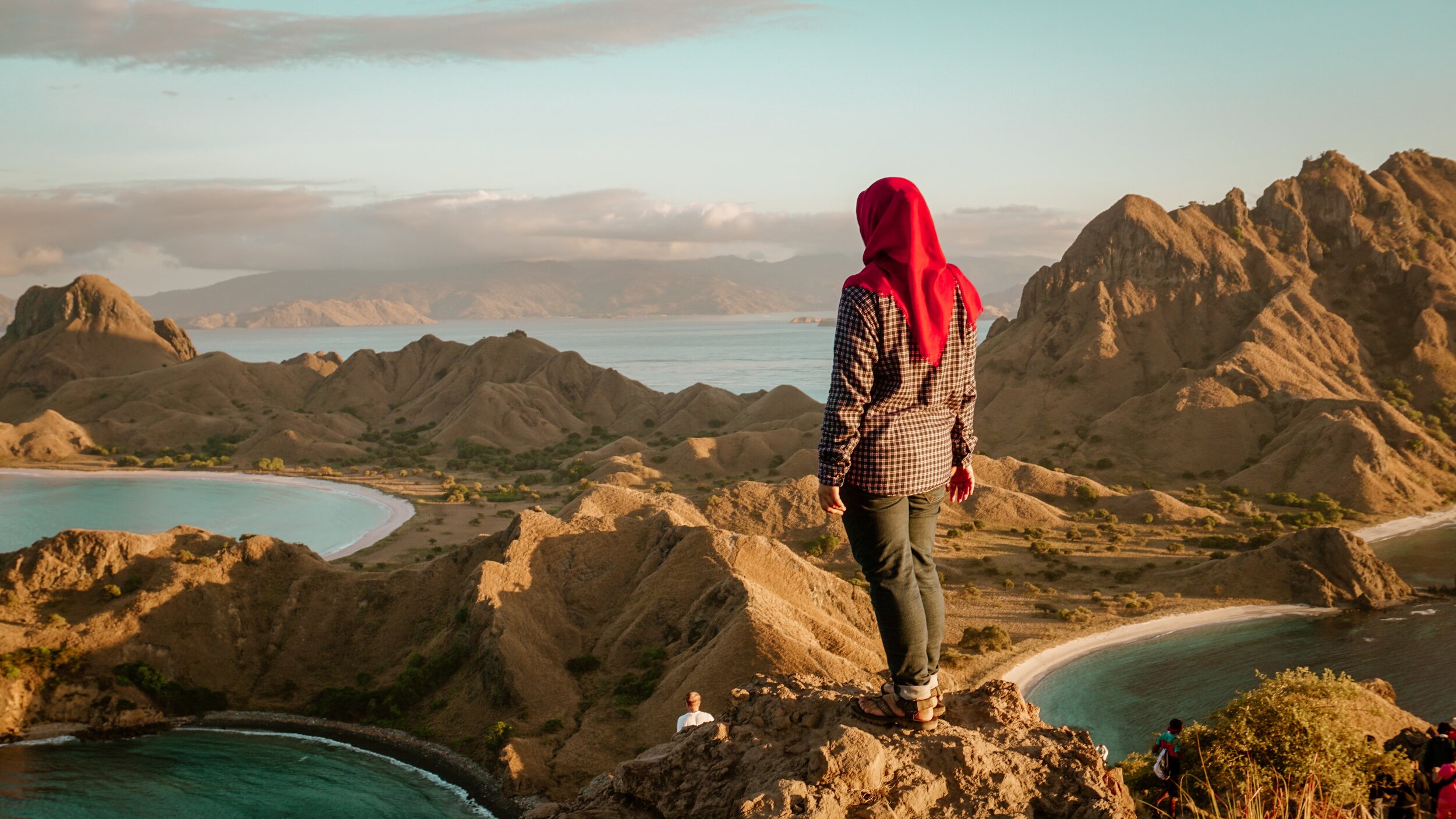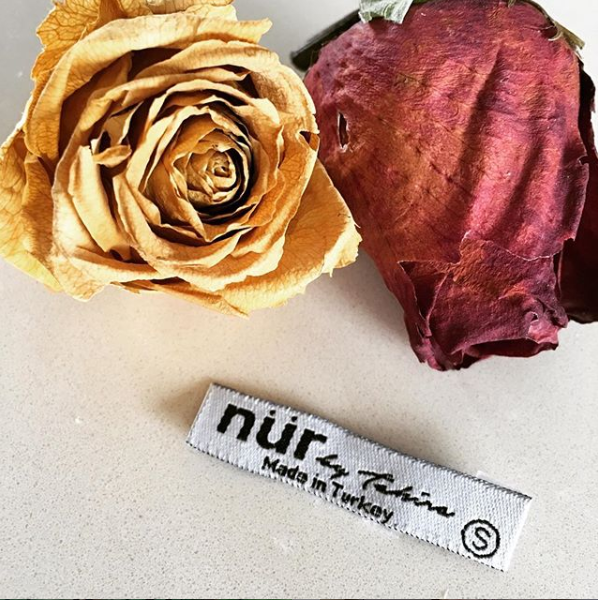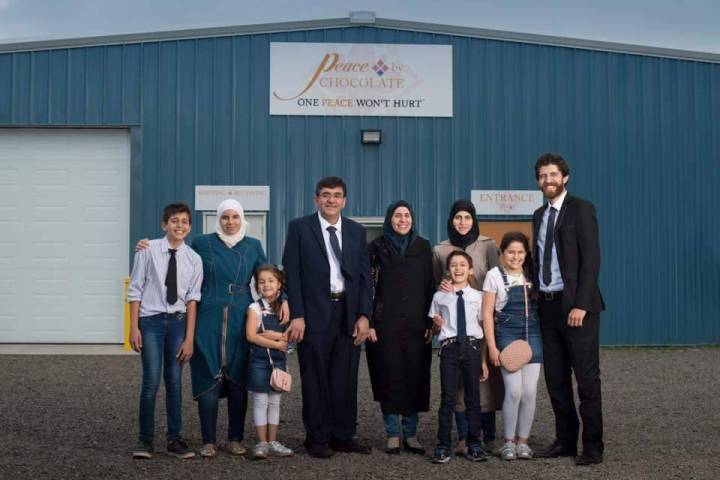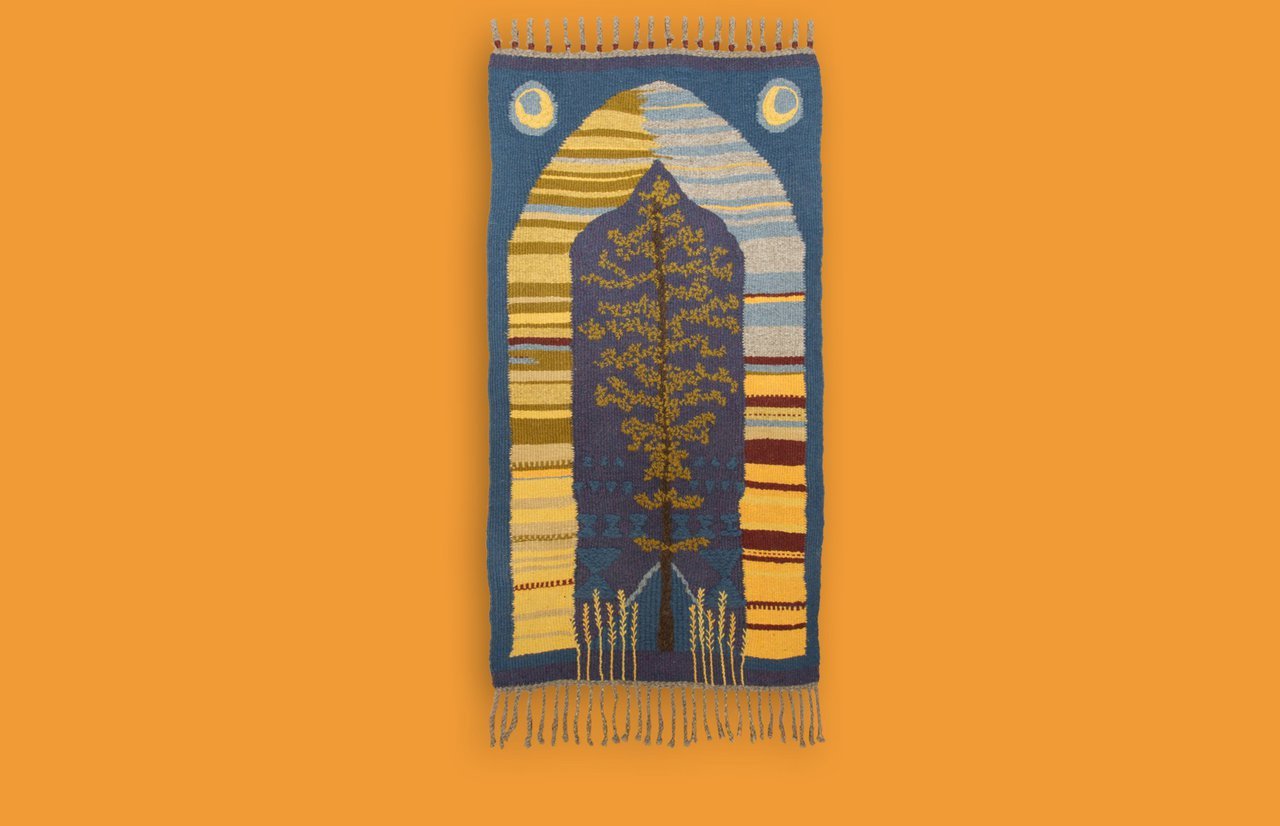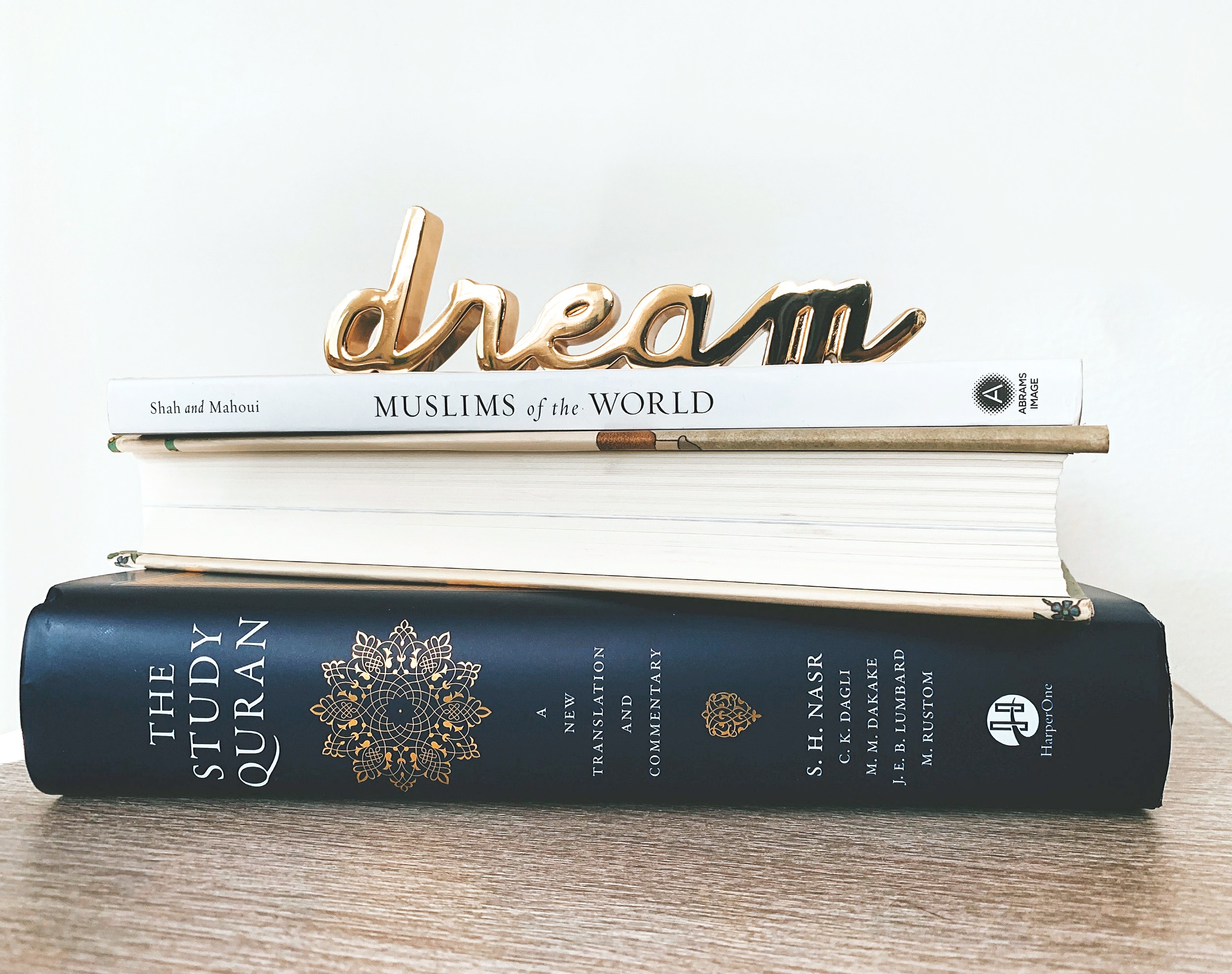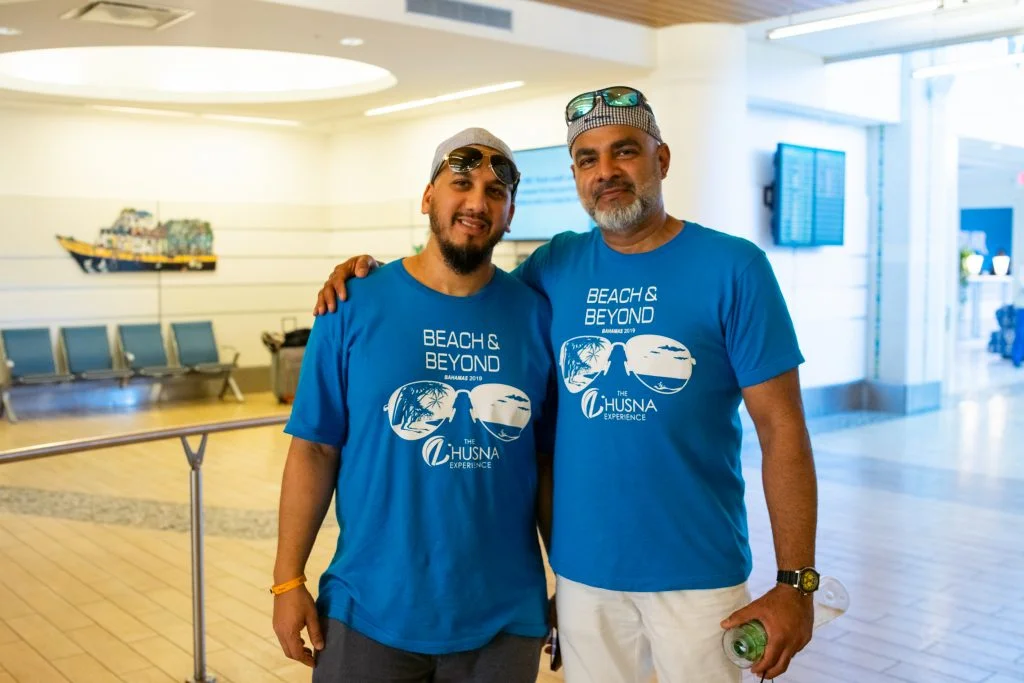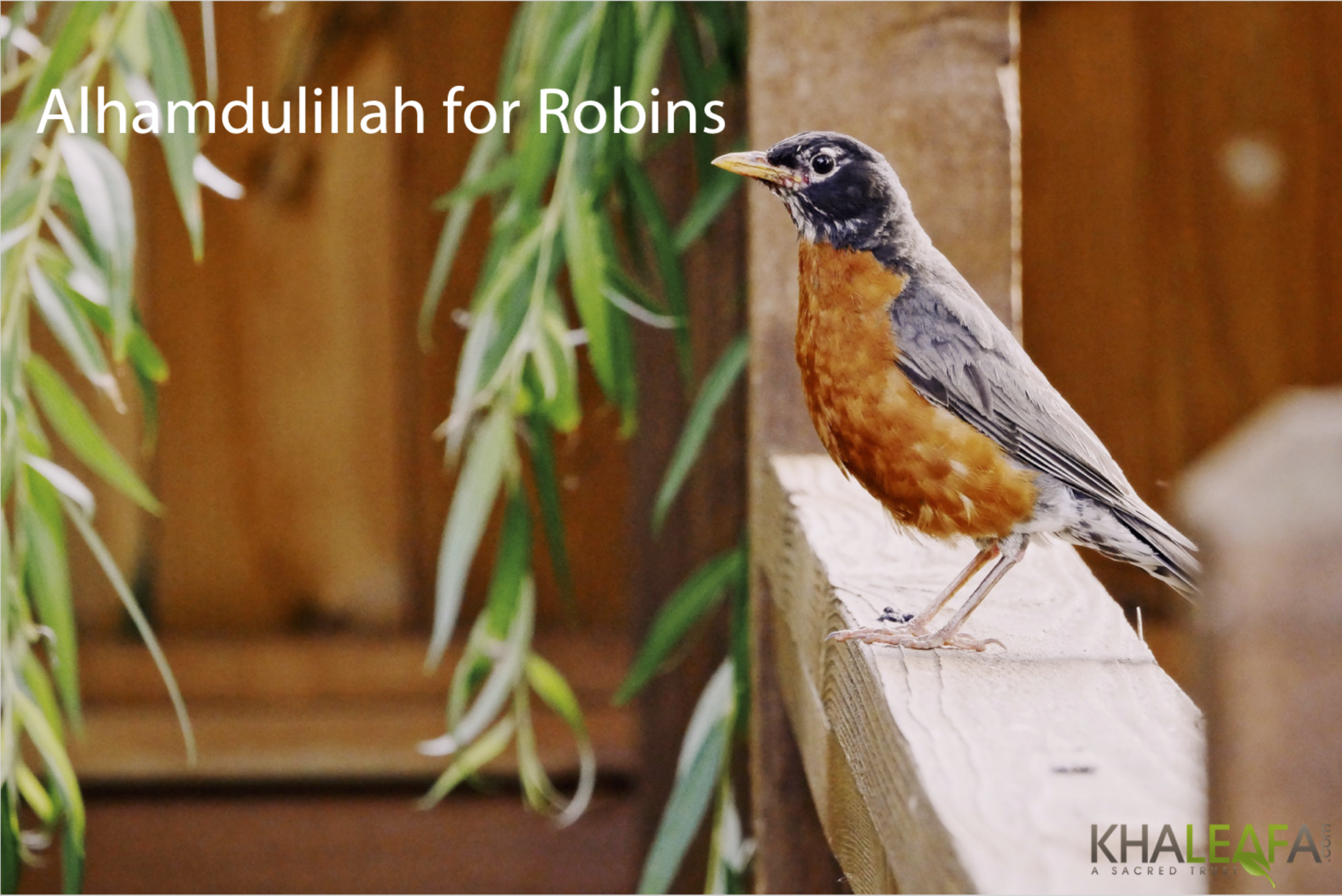This article originally appeared on MuslimGirl.com on April 22nd, 2019.
Sarah Huxtable Mohr
We all know that the environmental crisis facing our planet is one of the most urgent issues of our generation, and for the near future. Whales are washing up dead with hundreds of pounds of plastic in their stomachs; rain that is falling from the sky is saturated in micro-plastics; there’s a lack of clean water for so many people on earth; and, the most devastating extinction event since the dinosaurs is upon us. As a general rule, research shows that one in five species go extinct annually. However, scientists are now estimating that we are losing species at 1000 to 10,000 times the normal rate. We are losing multiple species per day and the biodiversity of our planet suffering so dramatically.
So what does the Islamic faith have to say about this? Islam teaches us that everything has rights. From the animals, the plants, the air, the water, and the soil. Our Prophet (PBUH) advocated for the rights of all beings and things with his radical emphasis on justice and mercy. Most Muslims are doing something about climate change and the environmental crisis in their personal lives and practices, and some Muslims are also making this a full-time endeavor. Sister Nana Firman, originally from Indonesia, is one of the women doing the most on this issue. She kindly agreed to share some of her history, work, and thoughts with the #MuslimGirlArmy for Earth Day.
MUSLIM GIRL: Asalaam aleikum wa ramatulah wa barakathu. Thanks so much for taking the time to talk with me about your work and knowledge on environmental justice. As we know, you are one of the most active figures in the Muslim community on this issue and have done such great work, including receiving an award from the White House in 2015 as a “Champion of Change.” How did you get involved in environmental justice work and climate activism?
SISTER NANA FIRMAN: Wa’alaykumussalaam warahmatullahi wabarakatuh. Alhamdulillah, the pleasure is mine!
I was born in Jambi (the eastern part of Sumatra) in Indonesia, but both of my parents are from Minangkabau culture of West Sumatra. Since the age of 9 months old, I was raised and grew up in Jakarta, the capital city of Indonesia, until high school. I then continued my higher education in the United States. I did my Bachelor’s degree in Industrial Design and my Master’s degree in Urban Design. I returned back home in 1998 and was a practicing Urban Designer for several years in Indonesia. That’s how I got into environmental work. My work in planning and designing cities and towns at that time required me to engage with a group of geologists from whom I learned a lot regarding the appropriate designs for cities with disaster-prone areas, such as the ring of fire regions like Indonesia.
At that moment, I realized that Islamic teaching could help me increase environmental awareness in Indonesia.
Fast forward to early 2005, I was called upon to lead a Green Reconstruction Program by the World Wildlife Fund (WWF) for Nature in Indonesia for the recovery efforts after the 2004 tsunami in the religiously conservative region of Aceh (the northern tip of Sumatra). It was very hard to convince local people of the benefits of planting mangroves to reduce the impact of storm surges at that time—until I remembered a hadith (the saying of the Prophet Muhammad PBUH) about the benefit of planting trees. At that moment, I realized that Islamic teaching could help me increase environmental awareness in Indonesia.
Since then, I have taken those messages worldwide. In 2012, I moved to the United States to join my husband in California, and immediately after, I was asked by the late sister Tayyibah Taylor to write an article about Climate Change from an Islamic perspective for Azizah Magazine.
I was also invited to join a Fellowship Program with GreenFaith that same year, and I have been part of the faith-based environmental movement in the United States and around the globe ever since. In early 2015, I was asked to join the Green Mosque Committee for Islamic Society of North America (ISNA) and launched the Green Ramadan Campaign nationwide.
In the same year, I helped to organize the Islamic Declaration on Global Climate Change that calls on Muslims everywhere to take action, from conserving water during the cleaning rituals of ablution (wudu) to reducing plastic waste during the annual Hajj pilgrimage to Mecca. And in early 2016, I co-founded the Global Muslim Climate Network (GMCN) as a platform to implement the declaration on renewable energy transformation and also to introduce the network to the international event of COP22 (UN Climate Convention) that year.
In my life’s journey, learning about the life of Prophet Muhammad (PBUH) has been absolutely a major influence on me because he was so green in his attitude toward the natural world, including the animals and plants. Nevertheless, looking back, I also realized that my own mother, with her passion in planting and gardening, was very environmentally-friendly and has helped to instill in me some of the green virtues.
MashAllah, what great work. Can you tell us more about GreenFaith? What kind of work are you doing? I know part of it involves the Living the Change Initiative which I think is really exciting. It’s such a concrete way for average people to get involved.
So, I’d be happy to talk about this. GreenFaith is an interfaith environmental organization with a mission to inspire, educate, organize, and mobilize people of diverse religious and spiritual backgrounds globally for environmental actions. We believe that religious traditions see the sacred in nature, and that people grow spiritually through a strong relationship with the earth.
Our behavior and consumption habits must help heal, restore, and renew the Earth—because all people deserve a healthy environment, regardless of their race, gender, or income. We do our work through several activities like Training and Capacity Building, Campaigning and Advocacy, as well as Local Organizing.
Living the Change started during the UN Climate Convention in November 2017. It’s a global, multi-faith campaign that supports sustainable lifestyle commitments by faith leaders and their followers in the areas of home energy use, diet, and transportation.
It came about from our concern on climate change impacts to the earth and our communities. Our misuse of natural resources over the years, while improving conditions for many, is wearing the web of life.
We have seen more disasters happening around the world, such as numbers of storms, droughts, fires, floods, and other catastrophes. They are more severe, intense and frequent, like the recent Cyclone Idai affecting the people in Mozambique, Tanzania, and Malawi, as well as the Bomb Cyclone in the U.S. which has flooded Nebraska, Iowa, and Missouri.
As Muslims, we are called by Allah in the Holy Qur’an to “walk gently upon the earth”, meaning that we are bound by a moral imperative to treat our shared common home with the care and respect it deserves.
The tragedy of such occurrences has caused much suffering and loss of life. Sadly, the most vulnerable amongst us—those least responsible for this global threat—suffer the most, unfairly and unjustly. We absolutely need to raise consciousness and start to live sustainably. This responsibility is more urgent than ever before! We have done the talks. Now, it’s time for us to take real actions and to change our ways!
As Muslims, we are called by Allah in the Holy Qur’an to “walk gently upon the earth”, meaning that we are bound by a moral imperative to treat our shared common home with the care and respect it deserves. So, for me and many other Muslims, the reality of climate change not only has grave implications for the future of our planet, but also represents one of the great moral and ethical issues of our time, which must drive us to respond with actions.
And through the collective effort of Living the Change, we started to create a global community of practice in which we learn to put our beliefs into real actions in our own lifestyles. We have also inspired each other during the past year and we look forward to invite more individuals and engage more communities to join this journey together.
Thanks so much for that explanation, and mashAllah, what amazing work! Please tell me more about the Green Ramadan campaign you are working on. That sounds like something beneficial for ourselves and our communities that we all need to focus on.
Yes, absolutely! Every Muslim around the world knows that the purpose of prescribed fasting during Ramadan is to attain taqwa. In my own words, I call it, the time for purifying our souls while detoxing our bodies.
Yet, whether we admit it or not, a big part of Ramadan is eating! Even more so, Ramadan is about eating in community. We fill up a plate, then grab a drink and a few utensils, sometimes we remember a napkin, eventually sitting next to people whom we might see every Friday prayer, but never know their names. After a month of bumping elbows at iftar tables, we leave behind Ramadan with tons of styrofoam, paper, and plastic plates, forks, spoons, knives, cups, napkins and paper towels to pile up in our local trash dumps! We definitely can’t ignore those bags of trash after every beautiful iftar each night—and don’t forget, the food wastage as well! That really defeats the purpose of the sacred month, doesn’t it? This has to change! So, how can we make this Ramadan spiritually and practically better?
First and foremost, we need to make a sincere niyah for this Ramadan to be environmentally conscious, socially responsible and compassionate to those around us by following the example of Prophet Muhammad (PBUH)—the mercy to the worlds. That’s how the Green Ramadan Initiative was born. Then, taking the opportunity of this blessed month, to remember and respect our planet which, through the grace of Allah, provides us with the sustenance with which we nourish our bodies and community spirit during a month of fasting.
…please remember that interacting mindfully with our environment is simply a manifestation of our imaan.
As the khalifah upon this earth, we have a responsibility to protect the environment. And please remember that interacting mindfully with our environment is simply a manifestation of our imaan. So, we should try to make this Ramadan a better and greener one by doing one or two simple actions individually or collectively with our communities. In short, just keeping in our mind that less consumption also means less waste! May Allah azza wa jalla make it easy and help all of us accomplish a better and greener Ramadan this year, to the best of our ability in seeking His pleasure, ameen!
This is so important. I would also say that Women have a special role to play in the work of a green ummah and a green Ramadan. I mean, we do a lot of the cooking, grocery shopping, and selection of what kind of household choices each family makes. In previous conversations you had said to me that you think women play a special role in environmental work. Can you elaborate?
Well, all through the history of civilization, women unquestionably have played a significant role in managing natural resources and contributing to environmental rehabilitation and conservation, on their family-level as well as community levels. In many communities around the world, women manage water, sources for energy and food, and in some instances also forests and agricultural lands.
Survival of their families and communities is closely linked to the health of the ecosystem around them. Through their roles as farmers, collectors of water and firewood, women have developed a close connection with their local environment. And on many occasions, they are the most sensitive to changes in the environment, and often become those who suffer the most from environmental problems.
Throughout centuries, women’s direct interaction with the natural world has produced their deep-knowledge about the environment, which served them as agriculturalists, water resource managers/keepers, and traditional healers/scientists. Because of their traditionally primary responsibility of domestic and household management, women interact more intensively with the natural and built environment they inhabit. Thus, they are vulnerably exposed by degraded homes, neighborhood and village/city environments, similar to if they are living in poor housing and community, with inadequate infrastructure and accessibility.
Even if climate change were not an issue, it is still our duty as Muslims to walk gently on the earth and to protect all creations.
Today, with devastated ecological degradation and intense climate change impacts, women also bear a disproportionate share of the burden—whether about access to food and water in times of resource scarcity, land ownership, or even being able to swim in floods/storms. These have become disadvantages. Nevertheless, women are still marginalized in the economic and political spheres to participate in decision-making processes for climate and environmental policy, finance and implementation. But, despite those disadvantages, many experts acknowledge that women have skills, knowledge, leadership and wisdom which is critical for solving the challenges the world faces today—climate resilience!
I was very fortunate, in 2009, to be selected to join the Climate Reality Leadership Program and was trained by former U.S. Vice President, Al Gore, in Australia. Immediately after that, I initiated Eco-Fab Living, a social campaign to increase public awareness in Indonesia, by presenting current ecological and climate crisis while at the same time advocating sustainability for a better future through citizen involvement, public participation, and policy reform.
During those times, I engaged with many women’s groups who were so eager to learn and participate in taking real actions, starting from themselves and their families. And I continued that initiative when I moved to the United States in 2012—this time around by engaging American Muslim communities in practicing eco-lifestyle in their homes and their mosques.
Alhamdulillah, in the recent years, women around the world from many walks of life have become change-makers toward sustainability, including behavior-change towards living in harmony with nature.
Women now account for approximately 80 percent of household purchases in developed countries. Interestingly, based on some studies, women are more likely to buy recyclable, eco-labeled and energy-efficient products than men. Women in Sweden spend more time than men seeking information on sustainable consumption and lifestyle alternatives. Meanwhile, Japanese women are more concerned about the environment and are willing to pay more for sustainable products. And, in North America, 80 percent of women believe strongly that individuals can affect the environment, though they aren’t yet doing enough.
In addition to that, more women in the developing world realize the financial and environmental advantages of eco-products and eco-markets. On many occasions, women are also the key to managing the aftermath of disasters, especially for the practical needs such as providing food, water, sanitation, clothing and health care. Since women are more likely to be affected by environmental problems due to their social roles and impoverished status in many places, women are more environmentally mindful and careful, and apt to follow sustainable pathways. At last, as the hand that rocks the cradle, they become the first and best teachers to their children—the future generation—and can instill in them the love for Allah’s creations, as the manifestation of our gratitude to the Creator.
Sister Nana, your work is so important. MashAllah, thank you so much for taking the time for this interview, and to share your knowledge. Are there any closing thoughts you’d like to share?
Thanks so much. Yes, the thought I want to leave you with is that it is incumbent upon us, as Muslims, to protect the environment and to be green. Even if climate change were not an issue, it is still our duty as Muslims to walk gently on the earth and to protect all creations. With the crisis we are facing, it needs to be a central part of our lives as Muslims. This is the basic understanding we see amongst a lot of Muslims today and the direction we need to continue to take as a community.
Thanks so much, may Allah bless you in this work!
To learn more about the initiatives discussed in this interview, please visit the following websites:
https://greenfaith.org/
https://livingthechange.net/
http://www.isna.net/greenramadan/











